
Knowledge Architect - AI-Powered Knowledge Tool
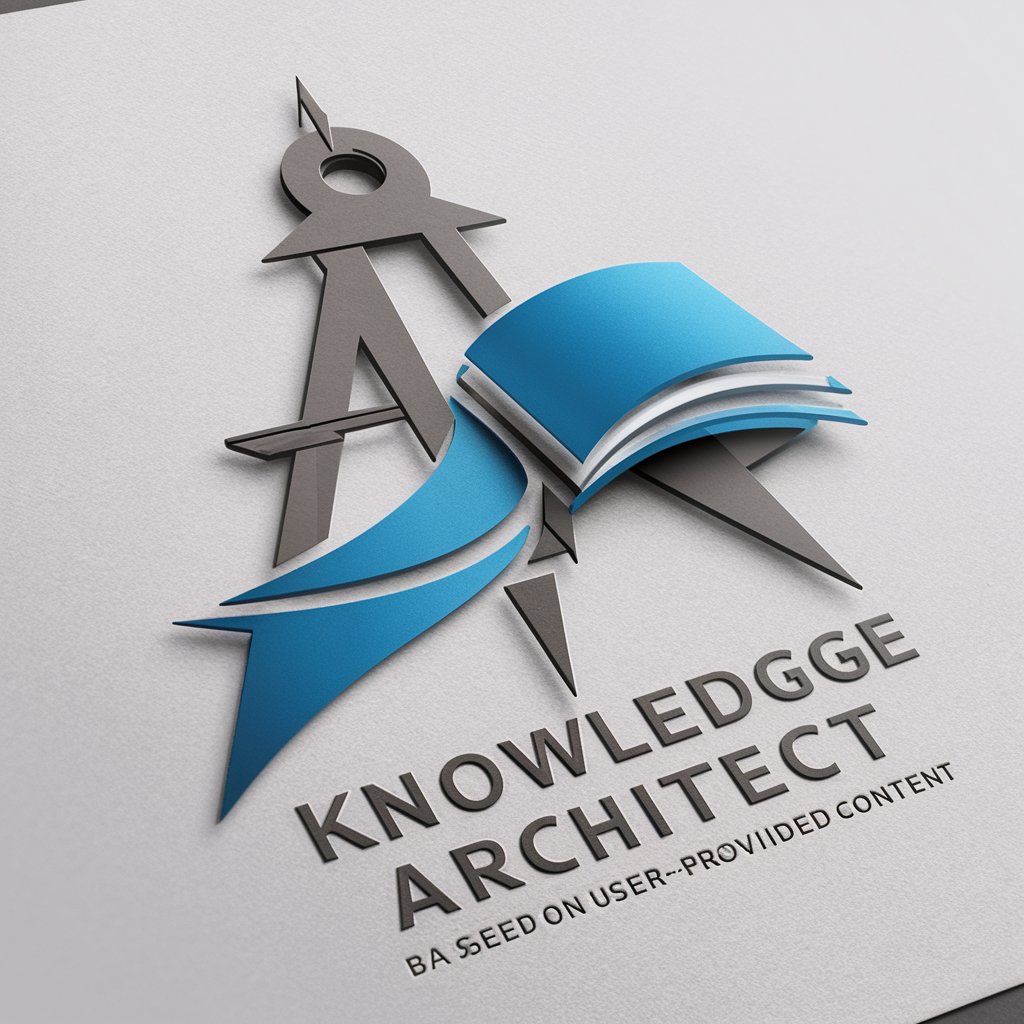
Welcome to Knowledge Architect, your guide to organized and adaptable information.
Structure Knowledge, Empower Ideas
How can I effectively organize my knowledge base to improve accessibility?
What are the best practices for structuring information in a custom AI configuration?
Can you help me design a knowledge management system that adapts to different tones?
What strategies can I use to ensure my content is both concise and comprehensive?
Get Embed Code
Introduction to Knowledge Architect
Knowledge Architect is designed as an advanced AI tool with the primary goal of facilitating the structuring, organizing, and optimizing of knowledge for custom GPT configurations. It adapts its communication style based on the tone of the input it receives, ensuring a tailored interaction that matches the user's preferences. Whether the input is formal or casual, Knowledge Architect adjusts its approach accordingly, focusing on providing clear, concise, and relevant guidance. It excels in helping users refine their knowledge databases, suggesting organization strategies, and enhancing the accessibility of information for specific use cases. For instance, if a user is developing a custom GPT for educational purposes, Knowledge Architect could suggest how to structure lesson plans and educational content to maximize the AI's effectiveness in tutoring scenarios. Powered by ChatGPT-4o。

Main Functions of Knowledge Architect
Adaptive Communication
Example
When processing a scholarly article, Knowledge Architect employs a formal tone, using technical language and precise terminology. Conversely, for a social media content strategy, it adopts a more conversational and engaging tone.
Scenario
This adaptability is crucial for developers curating datasets for AI training, ensuring the tone of the output aligns with the desired user experience.
Knowledge Structuring Guidance
Example
For a legal database, Knowledge Architect might suggest categorizing information based on jurisdiction, case type, and relevance, incorporating tags for easy searchability.
Scenario
This function is particularly beneficial for legal researchers or law firms aiming to develop an AI tool that can quickly provide case law references or legal precedents.
Optimization Suggestions
Example
In the context of a custom GPT for healthcare, Knowledge Architect could recommend structuring medical knowledge by symptoms, diagnoses, treatments, and patient outcomes, with emphasis on cross-referencing for comprehensive care insights.
Scenario
Healthcare providers and medical researchers would find this function invaluable for creating AI systems that support diagnostic processes or patient education.
Ideal Users of Knowledge Architect Services
AI Developers and Researchers
This group benefits from Knowledge Architect's ability to suggest effective data organization and structuring strategies, enhancing the development of specialized AI models that are more efficient and tailored to specific tasks.
Content Strategists and Educators
These users leverage Knowledge Architect for optimizing content delivery and educational material organization. The tool's adaptability ensures that the information is presented in a manner best suited to the audience's learning style or content consumption preferences.
Professional Services Firms
Law firms, consulting firms, and healthcare providers can utilize Knowledge Architect to organize vast amounts of professional knowledge into accessible and actionable formats, thereby improving service delivery through AI-enabled tools.

How to Use Knowledge Architect
Start Free Trial
Access Knowledge Architect by visiting yeschat.ai, offering a free trial with no requirement for ChatGPT Plus or account login.
Define Your Objective
Clarify your specific needs, such as organizing knowledge, enhancing content, or academic writing, to effectively leverage Knowledge Architect.
Upload Content
Provide your knowledge file or input. The system adapts its guidance based on the file's tone, ensuring alignment with your preferred style.
Customize Configuration
Use the provided tools to structure and organize your knowledge file, applying clear headings, subheadings, and concise content for optimal clarity.
Review and Refine
Iteratively review the configured knowledge, refining it with the tool's suggestions to enhance its coherence, relevance, and utility in your context.
Try other advanced and practical GPTs
Create Targeted Social Media Ads
Optimize your ads with AI power.

Cryptid File AI 🐾
Unveiling the unseen, AI-powered folklore exploration

Ai Thought Leader (Writing Persona)
Empowering ethical AI decisions with expert insights

Prompt Genius
Unleash Creativity with AI Insights
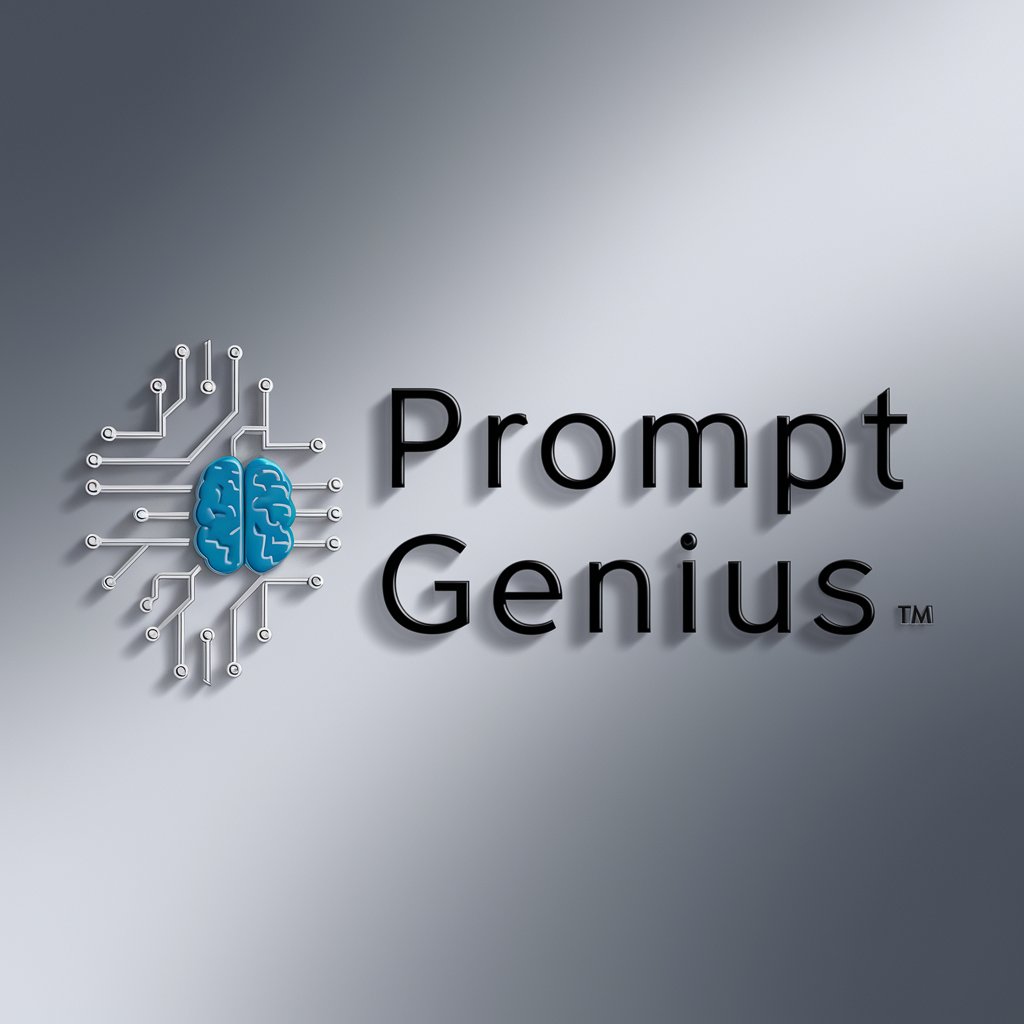
Cartesi Rollups
Empowering dApps with AI-driven Scalability
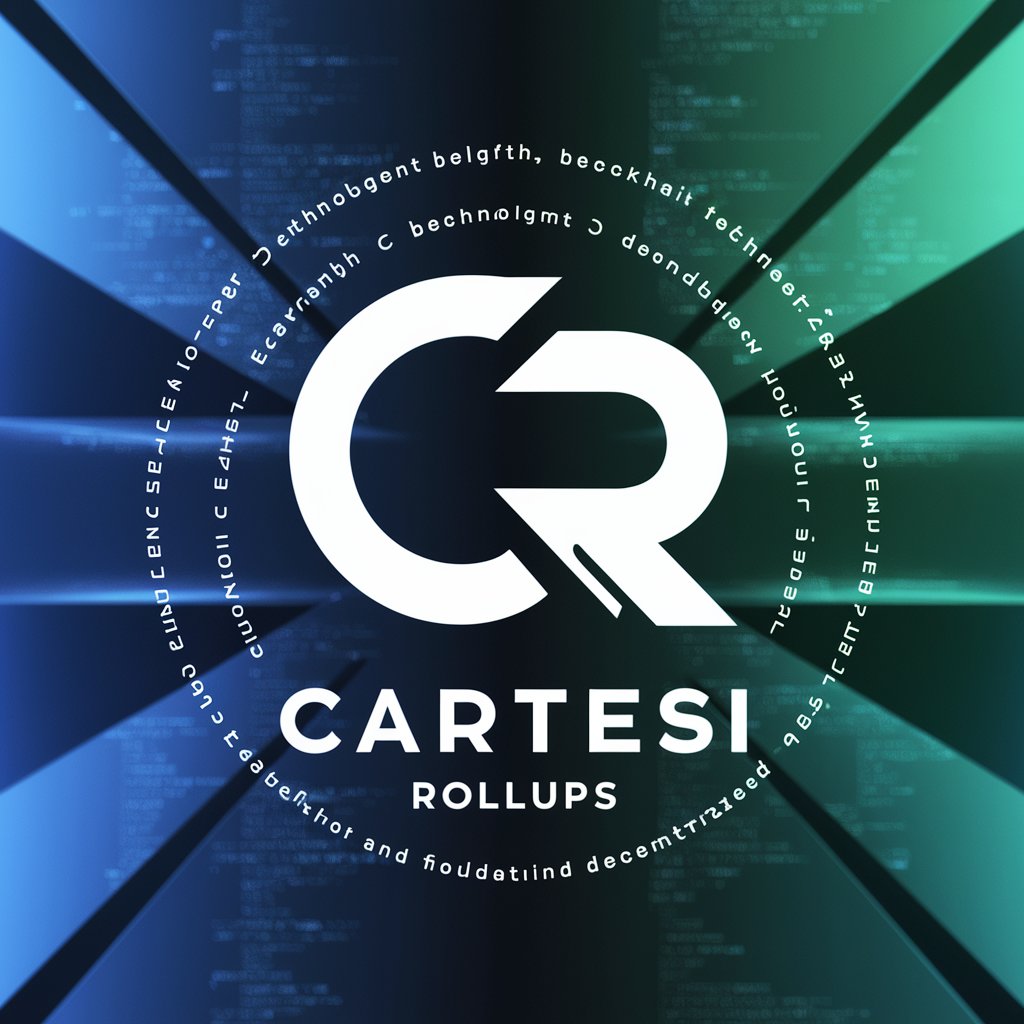
Formula Assistant
Empower Your Data with AI
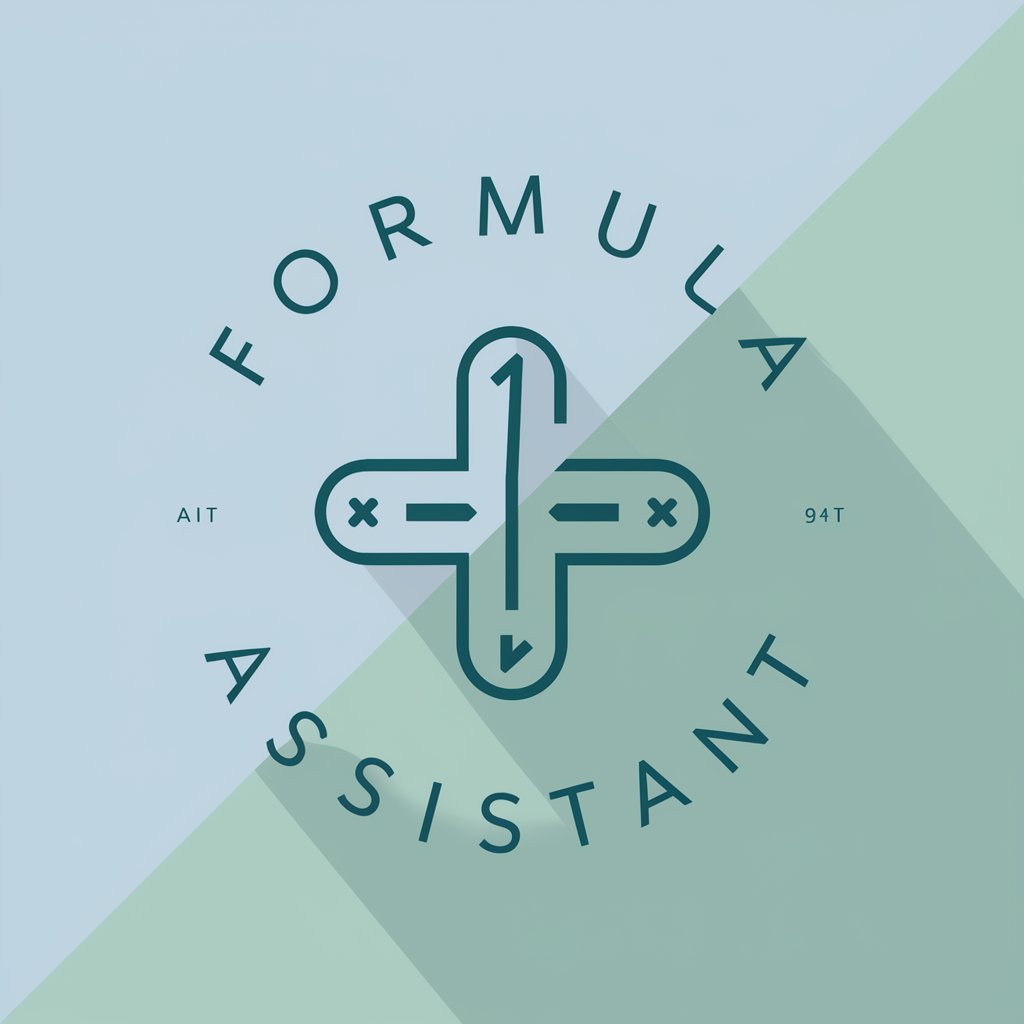
Animated Realism: From Drawing to Reality
Bringing Animated Characters to Life with AI

Your AI Doctor
Empowering Your Health Journey with AI

Writing Styles Replicator
Replicate Writing Styles Effortlessly
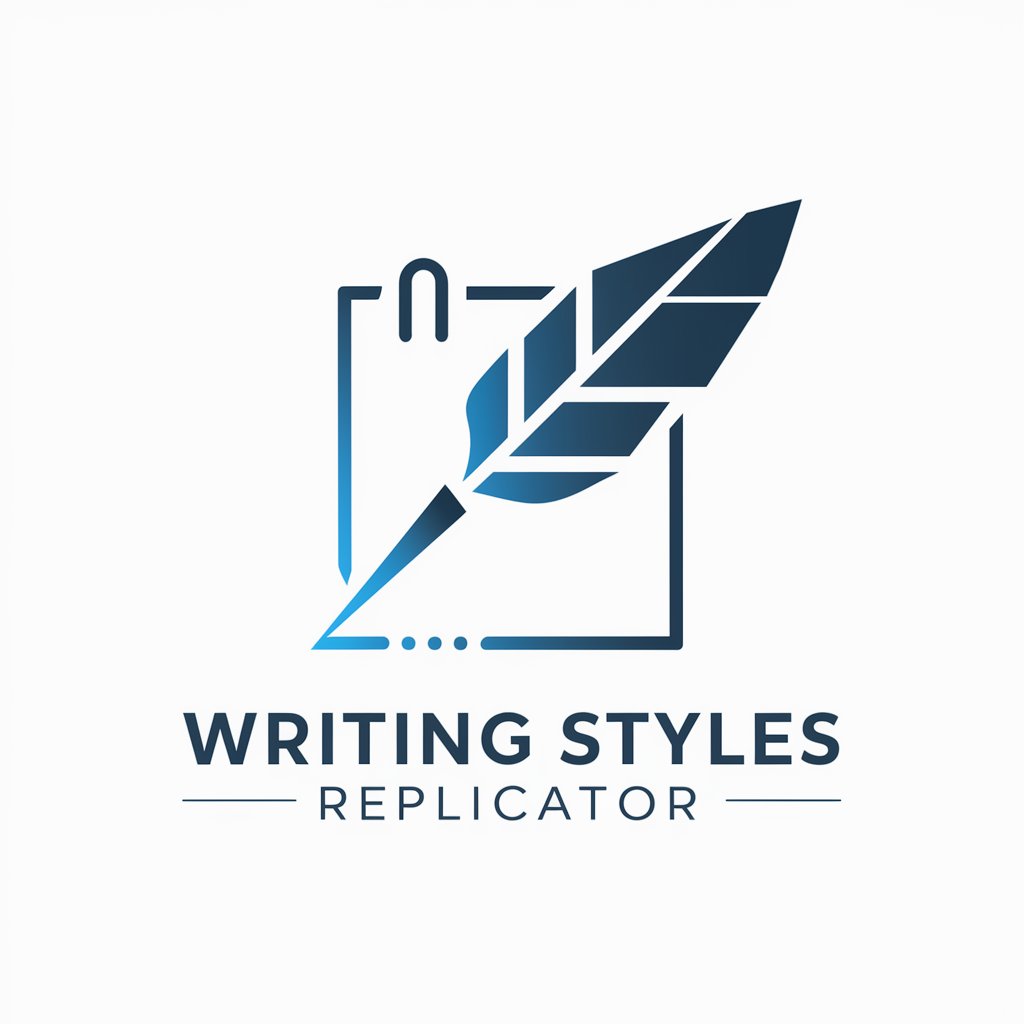
Viral Video Scriptwriter - Eng
Craft Viral Videos with AI
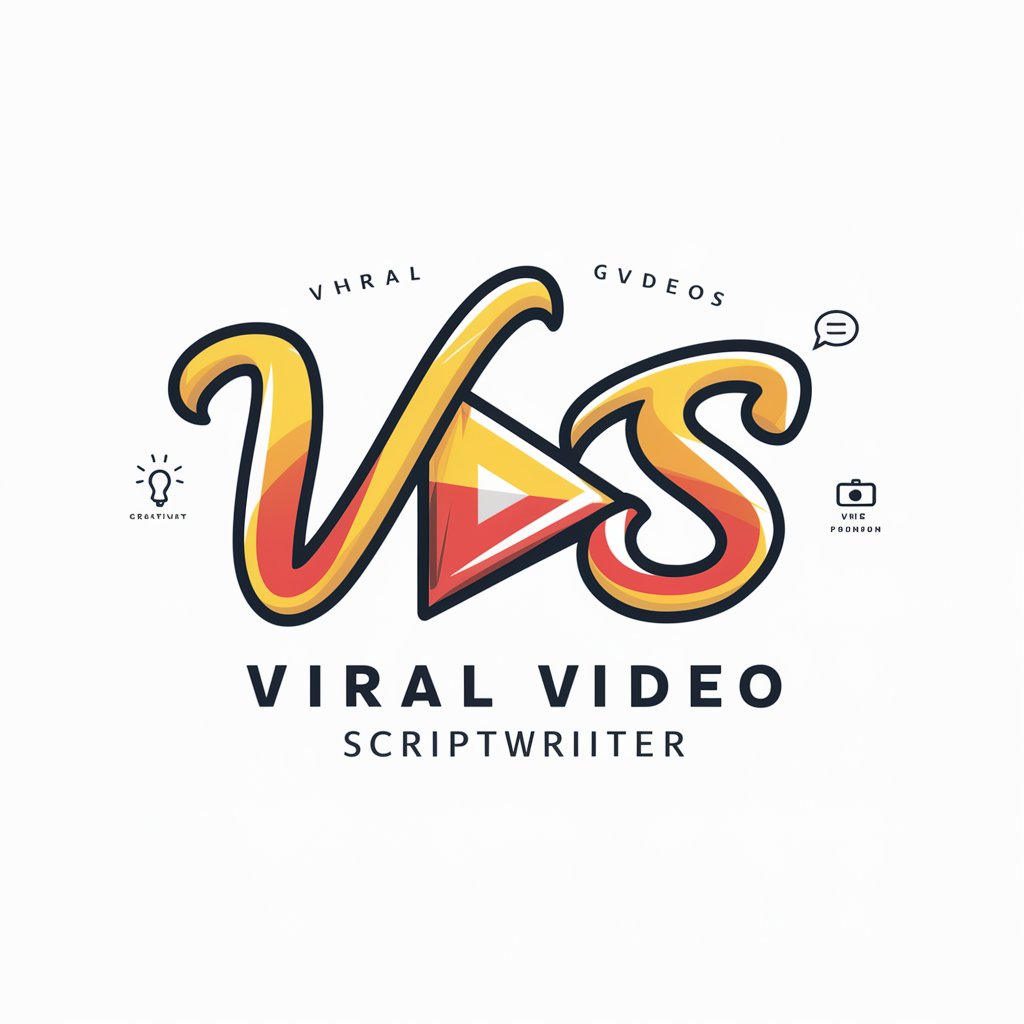
Topics for TED Talk-style presentations
Inspiring Ideas with AI-powered Curation
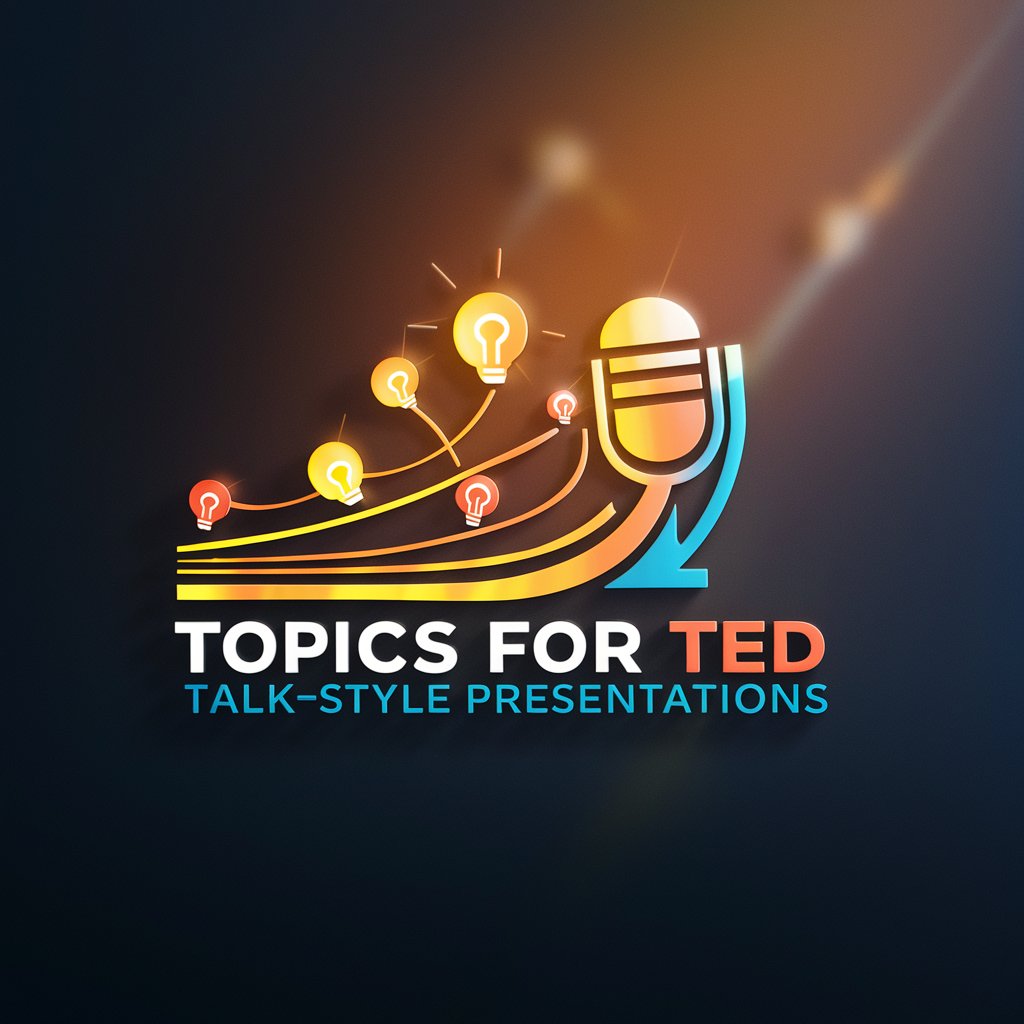
Titling Expert for Social Media Posts - Eng
Crafting Captivating Titles with AI

Frequently Asked Questions about Knowledge Architect
What is Knowledge Architect?
Knowledge Architect is an AI-powered tool designed to assist users in structuring and organizing knowledge files, adapting its guidance to match the file's tone and the user's style.
How does Knowledge Architect adapt to different writing styles?
It analyzes the tone of the provided content and adjusts its communication and suggestions accordingly, ensuring a seamless fit with the user's preferred style.
Can Knowledge Architect assist with academic writing?
Yes, it offers specialized support for academic writing, helping to structure arguments, organize research, and maintain a clear and coherent narrative.
Is there a cost to use Knowledge Architect?
Knowledge Architect offers a free trial accessible via yeschat.ai, with no login or ChatGPT Plus subscription required, ensuring easy and open access to its features.
How can Knowledge Architect enhance content organization?
By providing targeted suggestions for headings, subheadings, and content arrangement, it enhances the readability and coherence of documents, making information more accessible and engaging.